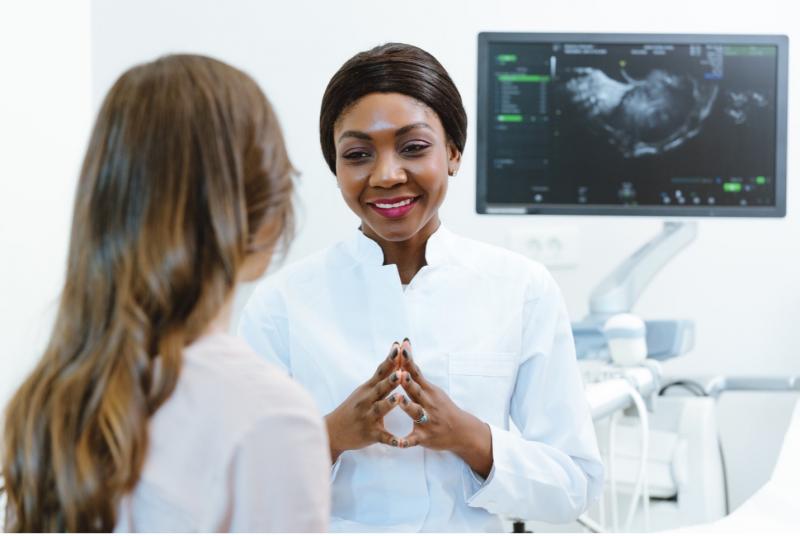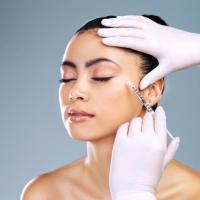Home > Blog > Skin and Body
Gynecologists: When to visit and what to expect?

We are all well aware of what gynaecologists do, in fact they might even be the first doctors we ever came in contact with. This leads all of us to associate gynecologists with only pregnancy and birth which is true, but they are also the guardians of the overall sexual health of women. This is why we need to educate ourselves on when to consult them and what to expect. This article aims to cover that.
First of all let us consider what are the issues that may warrant a visit to the gynecologist. Here is a list:
- Problems related to pregnancy, fertility, menstruation and menopause
- Congenital abnormalities of the reproductive tract
- Polycystic ovarian syndrome
- Family planning i.e., contraception, sterilization and abortion
- Emergency gynecological care
- Pelvic organs and related issues’
- Sexual dysfunction of all kinds
- Sexually transmitted infections/ diseases
- Urinary and fecal incontinence
- Premalignant conditions such as the cervical dysplasia and endometrial hyperplasia
- Benign conditions of the reproductive tract- ovarian cysts, fibroids, breast disorders, vulvar and vaginal ulcers and other non-cancerous conditions
- Breast cancer, pregnancy related tumors, and cancers of the reproductive tract
- Endometriosis
- Pelvic inflammatory diseases
- Sexuality, including health issues of bisexual and same sex relationships
What to Expect
Usually if you go to a gynecologist, they will be noting down your information and symptoms. They may ask one or several questions about your background, sexual activity and your overall health. To diagnose a health condition, they may also ask you to submit a blood or urine sample. In general the following actions will be taken by the doctor.
- Questionnaire, screening and evaluation
- Diagnosis and advice
- A Physical Examination if necessary, which can include measuring vital signs, body mass index, palpating the abdomen and inguinal lymph nodes and assessing overall health.
- Pelvic and a breast examination if necessary.
For women over the age of 40 annual examinations could include mammograms, colonoscopy, blood pressure monitoring, vaccinations and other supplement related advice. Multimed USA is a medical discount plan organization that has qualified Haitian Doctors in Miami in their provider network that dispense these services and more at affordable charges.
Here is a list of age wise measures that can be taken by women to ensure they stay at the top of their sexual health:
- For ages 11-12, HPV which is the Human papillomavirus vaccination that prevents cervical cancers and genital warts. This incidentally is a mandatory vaccination for both men and women
- At Age 20, especially if you are sexually active, you must visit gynecologists or Haitian Doctors in Miami to help you understand your sexual health and if you contract any sexually transmitted infection.
- Pap Smear tests should begin at the age 21 and must be done every three years to screen any early signs of cervical cancer. Any change detected must be immediately diagnosed by more sensitive diagnostic procedures
- From the age of 30 Pap tests should be accompanied with HPV Tests
- As suggested earlier, annual mammograms must be an annual procedure starting at the age of 40. A mammogram is nothing but an x ray picture of the breast
- Screenings for colon cancer should commence at the age of forty five
- At age sixty-five a bone mineral density test has to be undertaken to assess the status of osteoporosis
Women should take their sexual and reproductive health very seriously as they are the prime causes of many serious and expensive medical treatments, not to mention life-threatening as well. With regular visits we can stay at the top of any ailment that can be a cause of worry.
More to Read:
Previous Posts:






